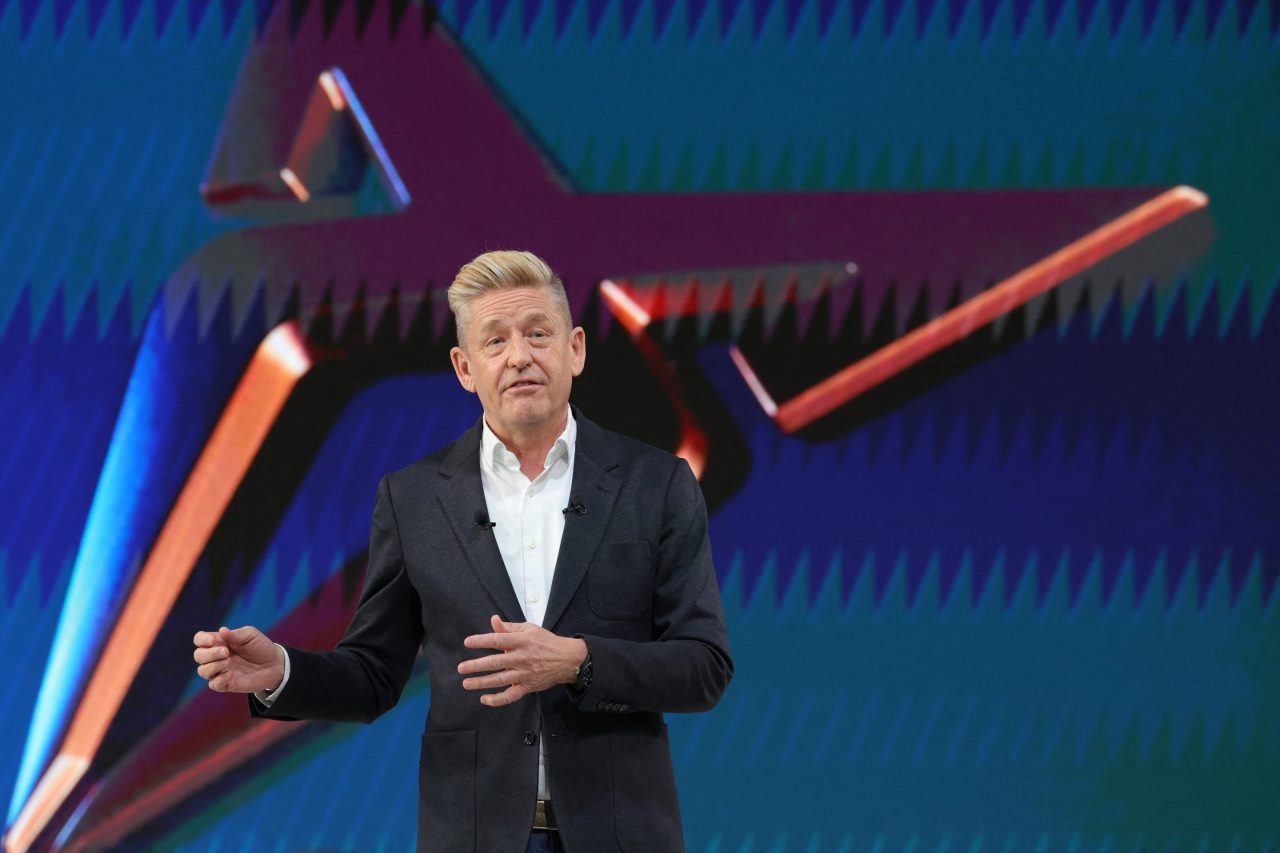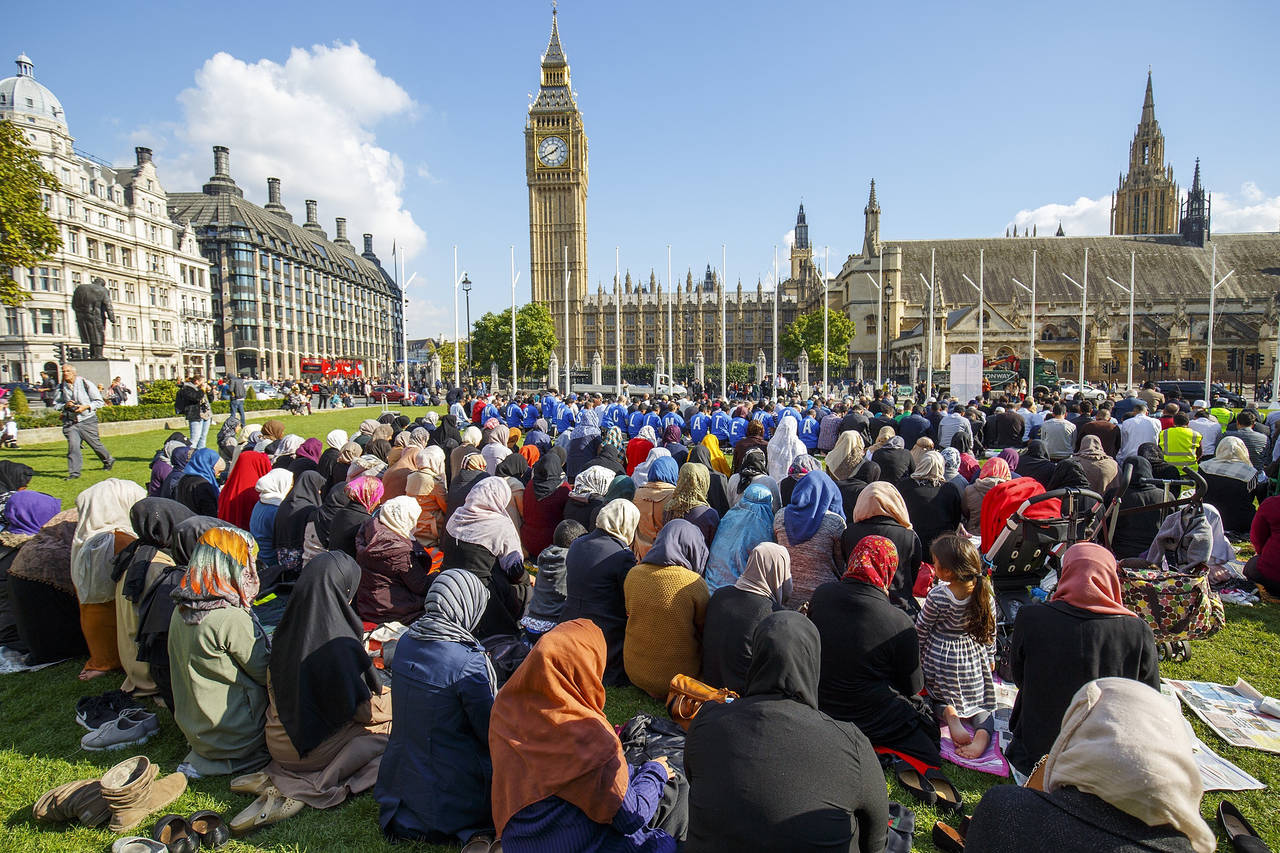Nippon Steel and US Steel have launched a legal battle against the US government, accusing President Joe Biden of blocking their $14.9 billion takeover deal for political gain. The companies allege that Biden, in the final stretch of his presidency, prioritized trade union support over the rule of law by halting Nippon Steel’s acquisition of Pittsburgh-based US Steel.
The Biden administration defended its decision, citing national security concerns and the importance of a domestically owned steel industry for critical supply chains, including the automotive and defense sectors. The White House argued that foreign ownership of US Steel could pose a significant risk to the country’s strategic interests.
Nippon Steel and US Steel, however, claim the decision was politically motivated, designed to appeal to trade unions in Pennsylvania, a key swing state, ahead of last year’s election. The companies accused Biden of voicing opposition to the deal before a formal review by the Committee on Foreign Investment in the United States (CFIUS), which has the authority to vet foreign takeovers.
“As a result of President Biden’s undue influence to advance his political agenda, CFIUS failed to conduct a good faith, national security-focused regulatory review process,” the companies said in their lawsuit, which also seeks a court-ordered review of the decision.
The lawsuit goes beyond the government, targeting United Steelworkers President David McCall and Cleveland-Cliffs CEO Lourenco Goncalves. The companies allege “illegal and coordinated actions” by McCall and Goncalves to block the takeover. McCall dismissed the claims as “baseless,” reiterating his support for Biden’s decision.
Cleveland-Cliffs, a rival steel firm, had previously offered $7.3 billion to acquire US Steel in 2023, a proposal supported by McCall. Critics argue that Biden’s move to block Nippon Steel’s higher bid undermines foreign investment while favoring domestic political interests.
Nippon Steel and US Steel maintain that the deal would enhance US national security by strengthening the domestic steel industry against competition from China, which produces 60% of the world’s steel. Nippon had pledged to invest $2.7 billion in US Steel as part of the acquisition.
Japan’s Prime Minister Shigeru Ishiba has expressed concerns about the blocked deal’s impact on trade relations between the two G7 allies. “We must insist on an explanation as to why there are security concerns, otherwise there will be no progress in future discussions,” Ishiba said.
The decision to block the deal reflects a broader trend in US trade policy. Since 1990, only eight foreign takeovers have been blocked, most in the past decade, and often involving Chinese firms. However, experts note the unusual nature of blocking a deal involving a key ally like Japan.
Adding another layer of complexity, President-elect Donald Trump has indicated he would also oppose the deal. On Truth Social, Trump questioned the timing of a potential sale, pointing to his plan to impose sweeping tariffs on foreign imports, including steel.
“Why would they want to sell US Steel now when tariffs will make it a much more profitable and valuable company?” Trump wrote. His tariffs, similar to those implemented during his first term, are intended to boost domestic manufacturing by making imports more expensive. Economic analyses of his 2018 tariffs, however, suggest they led to mixed results, with modest job gains for steelmakers but losses in other manufacturing sectors due to rising steel costs.
As the lawsuit unfolds, the fate of the Nippon-US Steel deal could hinge on the next administration. While the Biden administration has emphasized national security, the legal challenge raises questions about the balance between economic strategy and political motivations in shaping US trade policy.




